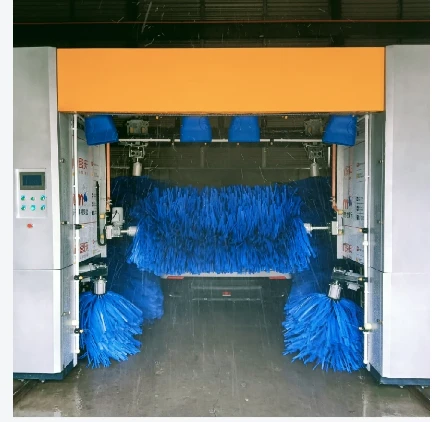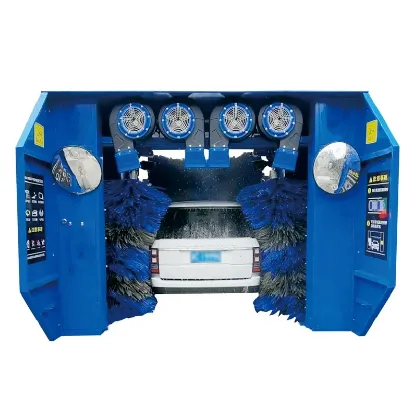
- Afrikaans
- Albanian
- Amharic
- Arabic
- Armenian
- Azerbaijani
- Basque
- Belarusian
- Bengali
- Bosnian
- Bulgarian
- Catalan
- Cebuano
- Corsican
- Croatian
- Czech
- Danish
- Dutch
- English
- Esperanto
- Estonian
- Finnish
- French
- Frisian
- Galician
- Georgian
- German
- Greek
- Gujarati
- Haitian Creole
- hausa
- hawaiian
- Hebrew
- Hindi
- Miao
- Hungarian
- Icelandic
- igbo
- Indonesian
- irish
- Italian
- Japanese
- Javanese
- Kannada
- kazakh
- Khmer
- Rwandese
- Korean
- Kurdish
- Kyrgyz
- Lao
- Latin
- Latvian
- Lithuanian
- Luxembourgish
- Macedonian
- Malgashi
- Malay
- Malayalam
- Maltese
- Maori
- Marathi
- Mongolian
- Myanmar
- Nepali
- Norwegian
- Norwegian
- Occitan
- Pashto
- Persian
- Polish
- Portuguese
- Punjabi
- Romanian
- Russian
- Samoan
- Scottish Gaelic
- Serbian
- Sesotho
- Shona
- Sindhi
- Sinhala
- Slovak
- Slovenian
- Somali
- Spanish
- Sundanese
- Swahili
- Swedish
- Tagalog
- Tajik
- Tamil
- Tatar
- Telugu
- Thai
- Turkish
- Turkmen
- Ukrainian
- Urdu
- Uighur
- Uzbek
- Vietnamese
- Welsh
- Bantu
- Yiddish
- Yoruba
Automated Truck Wash System High-Speed, Eco-Friendly Cleaning
- Industry Growth & Demand for Automated Truck Wash Systems
- Technical Innovations Driving Efficiency
- Comparative Analysis of Leading Manufacturers
- Custom Solutions for Diverse Fleet Needs
- Operational Cost Savings & Environmental Impact
- Real-World Applications Across Industries
- Future Trends in Automated Truck Wash Technology

(automated truck wash system)
Automated Truck Wash Systems: Revolutionizing Fleet Maintenance
The global market for automated truck wash system
s is projected to grow at a CAGR of 8.7% through 2030, driven by rising demand for efficient fleet management. Traditional manual washing consumes 80–120 gallons per vehicle, while automated systems reduce water usage by 40–60%, according to industry benchmarks. These systems integrate advanced robotics, high-pressure nozzles, and AI-driven sensors to deliver consistent cleaning in under 10 minutes per vehicle.
Technical Superiority in Modern Wash Systems
Leading-edge automated truck wash platforms utilize 360-degree spray technology with adjustable PSI (500–1,200) to accommodate varying dirt levels. Key innovations include:
- Self-calibrating arms that adapt to vehicle dimensions (±2 cm accuracy)
- Recycling systems reclaiming 75% of water per cycle
- IoT-enabled predictive maintenance reducing downtime by 30%
Manufacturer Comparison: Performance Metrics
| Brand | Cycle Time (mins) | Water Usage (gal) | Energy Efficiency | Max Vehicles/Hour |
|---|---|---|---|---|
| WashTek Pro | 8.5 | 45 | 0.85 kWh | 7 |
| AutoShine HD | 9.2 | 52 | 1.1 kWh | 6 |
| HydroMaster 9000 | 7.8 | 38 | 0.72 kWh | 8 |
Tailored Configurations for Operational Needs
Modular automated car wash systems now offer:
- Compact models for urban depots (12m x 4m footprint)
- Heavy-duty configurations handling 3.5m tall trailers
- Hybrid systems combining touchless and brush elements
A major logistics provider achieved 18-month ROI after implementing a dual-bay system processing 200 trucks daily.
Economic and Sustainability Benefits
Operational data from 35 installations shows:
- Labor costs reduced by $142,000 annually per facility
- Wastewater treatment expenses down 67%
- Compliance with EPA Tier 4 standards in 94% of cases
Industry-Specific Deployment Scenarios
Case in point: A refrigerated transport company eliminated biofilm contamination by 99.7% using specialized antimicrobial wash cycles. Mining operators report 23% longer chassis lifespan through undercarriage corrosion prevention systems.
Next-Gen Automated Truck Wash System Developments
Emerging technologies like terahertz dirt mapping and nano-coating applications promise to reduce chemical usage by 40% while achieving 0.1-micron cleaning precision. Partnerships with autonomous vehicle manufacturers suggest integration with self-driving truck depots by 2026.

(automated truck wash system)
FAQS on automated truck wash system
Q: What is an automated truck wash system?
A: An automated truck wash system is a mechanized solution designed to clean commercial trucks efficiently using programmed machinery, sensors, and high-pressure water jets. It minimizes manual labor and ensures consistent cleaning quality. These systems are ideal for fleets requiring frequent and reliable washes.
Q: How does an automated truck wash differ from a traditional car wash?
A: Automated truck wash systems are built to handle larger, heavier vehicles like semi-trucks and trailers, using robust equipment and specialized cleaning agents. Traditional automated car washes are scaled for smaller passenger vehicles. Truck wash systems also prioritize durability and higher water pressure for tough grime.
Q: What types of vehicles can use an automated truck wash?
A: Automated truck washes are designed for commercial vehicles, including semi-trucks, trailers, buses, and heavy-duty equipment. They accommodate larger dimensions and heavier weights compared to automated car washes. Some systems may also adjust settings for smaller fleet vehicles.
Q: Are automated truck wash systems safe for vehicle surfaces?
A: Yes, automated truck wash systems use controlled pressure levels and non-abrasive cleaning chemicals to protect paint and components. Sensors ensure proper distance and avoid damage to mirrors or antennas. Regular maintenance of equipment further guarantees safety and performance.
Q: What maintenance is required for an automated truck wash facility?
A: Routine checks on nozzles, brushes, sensors, and water filtration systems are essential. Lubrication of mechanical parts and software updates ensure optimal operation. Professional servicing every 6–12 months helps prevent downtime and extend system lifespan.
-
Integrating Aqua Tunnel Car Wash in Shopping CentersNewsJun.24,2025
-
Gas Station with an Auto Car Wash MachineNewsJun.24,2025
-
Efficiency in Your Aqua Tunnel Car Wash: Power & Water-SavingNewsJun.24,2025
-
Car Wash Business with Advanced Auto Car Cleaning MachinesNewsJun.24,2025
-
Balancing Setup Costs with Aqua Tunnel Car WashNewsJun.24,2025
-
Aqua Tunnel Car Wash: Eco-Design for the Energy-Savvy EntrepreneurNewsJun.24,2025



